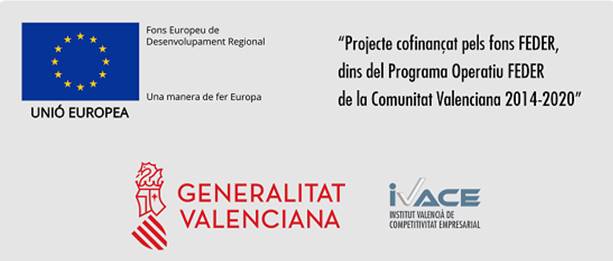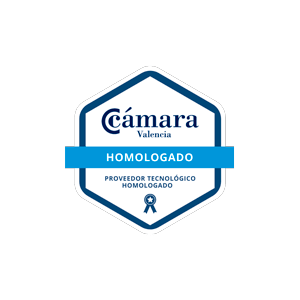The SEO (Search Engine Optimization) is one of the most critical channels in a digital strategy, if not the most important, since it gives visibility in search engines in a “free” way, (there are tools for better analysis and study). But above all, it is stable and continuous over time, that is, everything we build in SEO is for the medium or long term and does not depend on whether we increase or decrease the investment.
As we already know, SEO comprises the actions and methods we carry out to position a website in search engines, always focused on the almighty: Google. It depends on multiple variables and requires technical and semantic knowledge to do it correctly. Next, we detail these variables.
We could structure the organic positioning in: factors related to authority and relevance, SEO On Page and SEO Off Page.
Factors influencing SEO
Authority
It is one of the most essential elements for the search engine. This metric is based mainly on the number of incoming links that a website receives, but there are also factors that add up, such as the age of the domain or the broken or fallen links that the web has.
We could subdivide this concept into two: domain authority and page authority. The first refers to the web in general and the second deals with each of the web pages.
SEO On Page
Here we consider, as its name suggests, the optimization within the web. It is imperative because, mainly, we define with what words we want to be found and in which niches to position ourselves. Therefore, when we talk about SEO On Page we refer to: positioning and appearance in the search engine (title and meta description), keywords to position (keyword objective), URLs structure and semantics , link building or internal links (transfers authority from one page to another), loading speed, usability and architecture of the web (user first) or optimization and responsive design, among other factors.
“We could structure the organic positioning in: factors related to authority and relevance, SEO On Page and SEO Off Page“
SEO Off Page
When the On Page part is taken care of and worked, it is time to work the external portion of the web. This refers above all to the work of getting external links that point to our page. But watch out: naturally. When a website is relevant, it gets other sites to mention it and, in this way, Google understands that the content of the web is important, giving it authority and making its positioning more solid.
These links must be obtained naturally, since otherwise they can be considered Black Hat (bad practices) and Google can penalize us.
How can we get them? We must make a great effort to generate relevant content. For example, infographics work very well; social networks also help, we can use press releases and even company directories.
How should my SEO strategy be?
- Define the market niche where you want to act
We must run away from the generic and find that niche market in which we can have visibility and less competition, so it will be faster to get positioning. It also depends a lot on the sector, because there are some very saturated and others less, so it is about finding the opportunity.
- The importance of domain choice
A good domain name can help us to position very well. If we find a differentiating keyword that we can include in the domain name, we will have a lot of won in the eyes of Google.
- Keyword Research: the key
This step should take time, and we should do it carefully. There are tools can help us carry out keywords this study such as SEMRush, the keyword planner of Google or Google Trends. Thus, we will obtain search volume data, competition, and trend over time, which will help us define which keyword to attack.
Besides, the most advisable thing is to follow a long tail strategy and not head tail or, which is the same, try to position more specific keywords, since they will have less search volume but will differentiate us and position better.
- Structure your website based on SEO
The web is not just design and, therefore, we must focus its structure based on the study of keywords. Creating landing pages or sections based on the main keywords will be basic in the approach, in such a way that we can develop content like the keyword we work with and a logical URL. All this is crawled and valued by Google when it comes to positioning.
- Work the content
The most important thing is the content. Google crawls our website and what it values is the quality and quantity of content on the page. Also, he is attentive to updates and appreciates that content is refreshed and new ones are generated. The blog is a great tool that can help us, especially if our website is static.
- The appearance in the SERP
A significant section is to correctly write the titles and meta descriptions (appearance in search engine) and maximize the CTR, that is, be flashy and increase the percentage of clicks. There are many ways to stand out so that they choose us over other results, we must be innovative and include calls to action.
- Create a link strategy
It is complicated and expensive, but often differentiation is at this point. Neither must be obsessed as Google values above all the links in a natural way, but … How do you know they are natural? That is where you must try to reach agreements and, above all, that our links make sense and are useful for the user.
“A web page is not only the design, but must have a structure based on the keyword study“
In short, the SEO importance in digital marketing is enormous, it should be the main channel to work since appearing in the top positions in the search engines will give us traffic, recognition, and visibility and, above all, what we have gained, it will be difficult to lose it (as long as we work it continuously).




